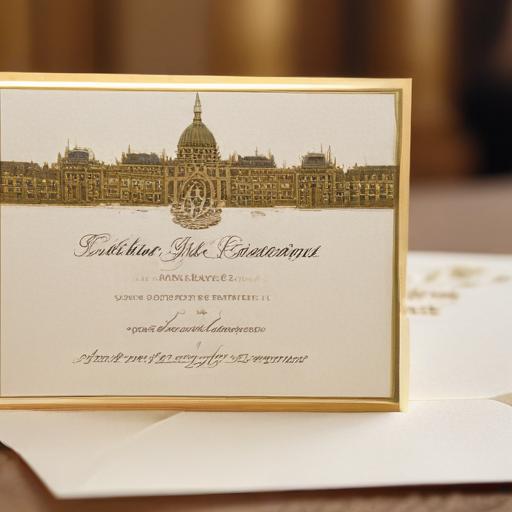The invitation to President Trump to address the UK Parliament has sparked commentary and debate, particularly due to its timing during a House of Commons recess. Government representatives noted that the scheduling was arranged by Buckingham Palace, dismissing any suggestion that this was an effort to sidestep potential parliamentary dissent regarding the U.S. president.
Nigel Farage, a prominent advocate for Trump and leader of the right-wing Reform UK party, emphasized the importance of recalling Parliament for this occasion, stating that the U.S. is the UK’s “most important ally.” His sentiments were echoed by Conservative MP Suella Braverman, who criticized the current government’s handling of the UK-U.S. relationship and supported the notion that Trump should address Parliament.
Tory MP John Cooper also expressed concern about the timing, although he acknowledged that scheduling conflicts might have played a role. He emphasized the importance of a state visit, considering it a significant honor, and suggested that a speech from Trump would provide valuable insights as both nations navigate global challenges. Cooper likened the opportunity to that of hearing from a star quarterback, indicating the potential for meaningful dialogue between the countries.
This invitation underscores the enduring ties between the UK and the U.S. and highlights ongoing discussions regarding the nature and future of their relationship. Despite political divisions, the hope remains that Trump’s visit could foster dialogue and strengthen these critical alliances.
